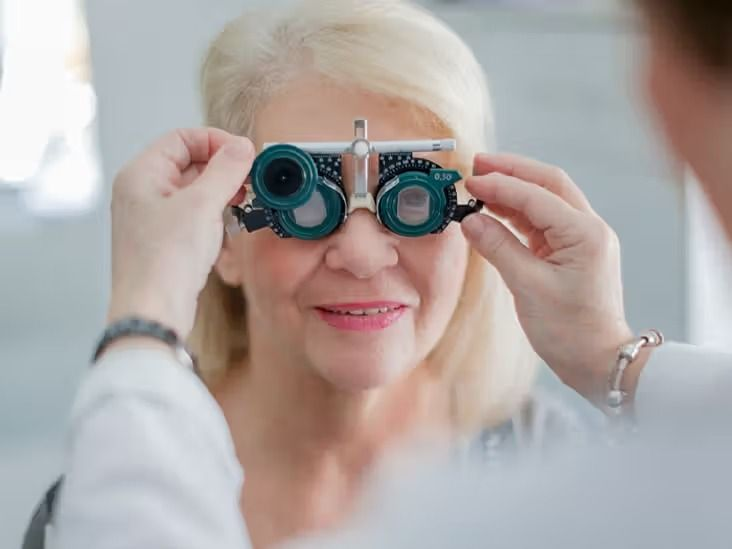Eyes are our windows to the world. They help us experience colors, shapes, and movements every day. But often, we take them for granted. Many eye problems develop slowly and show no early symptoms. This makes regular eye exams vital. Visiting an eye care professional can catch issues before they become serious. An eye exam is more than just reading letters on a chart; it is a comprehensive check of your vision and eye health.
Routine Vision Checks And Eye Exam
An eye exam evaluates how well you see and checks for conditions that may affect vision. Even if you feel your vision is fine, small changes can go unnoticed. Routine checks help identify refractive errors like nearsightedness or farsightedness early. Regular eye exams also provide baseline measurements to track changes over time. This ensures timely intervention and better treatment outcomes. A consistent schedule for an eye exam can make a significant difference in maintaining healthy vision.
Detecting Chronic Conditions With Eye Exam
Many chronic conditions such as diabetes and high blood pressure show signs in the eyes first. An eye exam can detect these warning signs long before other symptoms appear. Early detection allows individuals to manage their condition more effectively and avoid complications. Ophthalmologists can spot changes in blood vessels, retinal damage, or nerve issues that indicate underlying health problems. Making eye exams a regular part of your health routine can prevent more severe consequences.
Monitoring Eye Health In Children
Children’s eyes are constantly developing, and regular eye exams are essential during these formative years. Vision problems can affect learning and daily activities. An eye exam can detect issues like lazy eye, crossed eyes, or astigmatism early on. Early treatment improves outcomes and supports normal development. Parents who prioritize eye exams help ensure their children grow up with healthy vision. Eye exams for children are an investment in both their education and overall well-being.
Preventing Age-Related Eye Problems
As we age, our eyes naturally undergo changes. Conditions like cataracts, glaucoma, and macular degeneration become more common over time. Regular eye exams can identify these age-related problems before they significantly impact vision. Eye care professionals can provide guidance on preventive measures, treatment options, and lifestyle adjustments. Scheduling an eye exam annually after a certain age is a proactive way to maintain eye health and independence.
The Role Of Technology In Eye Exam
Modern eye exams use advanced technology to improve accuracy and comfort. Digital imaging, retinal scans, and automated vision tests allow for detailed assessments. These tools can reveal subtle changes that may not be noticeable during a standard exam. Technology enhances the effectiveness of eye exams, making early detection of issues easier than ever.
Lifestyle Factors Affecting Eye Health
Daily habits and environmental factors also influence eye health. Prolonged screen time, poor lighting, and insufficient nutrition can strain eyes and contribute to long-term problems. Regular eye exams provide an opportunity to discuss these factors with a professional. Guidance on proper lighting, screen breaks, and dietary improvements can protect your vision. Combining healthy habits with consistent eye exams strengthens overall eye care.
Conclusion
Regular eye exams are more than just a routine check. They are a critical tool for detecting problems early, preventing serious complications, and maintaining overall eye health. From children to older adults, everyone benefits from scheduled vision assessments. Making eye exams a priority ensures that your eyes stay healthy, sharp, and ready to experience the world fully. Early detection saves vision and enhances quality of life.




